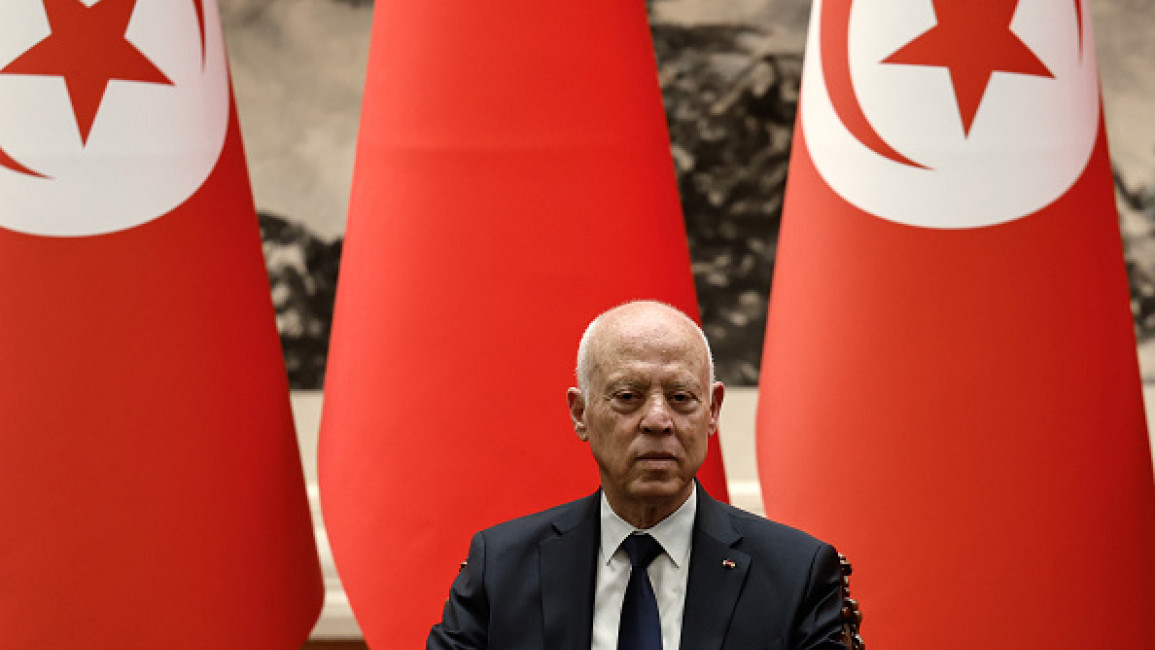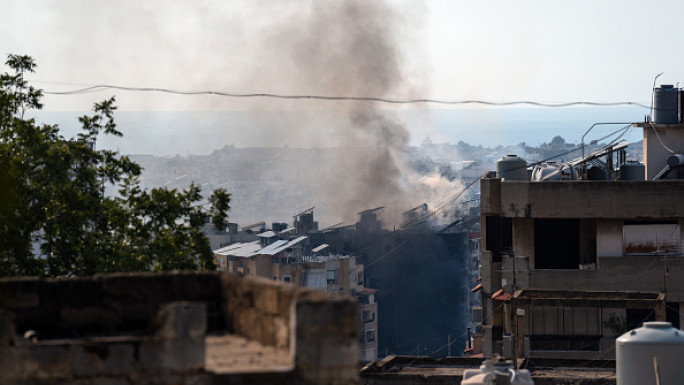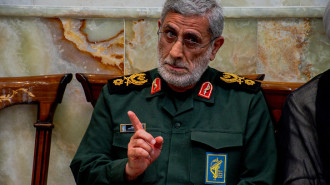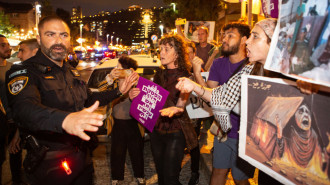Tunisia's Kais Saied set for landslide win in presidential elections, opponents reject early poll
In Tunisia, President Kais Saied appears poised for a landslide victory despite low voter turnout. Both his opponents have rejected these early results.
By 8 p.m. on election day, 6 October, national television aired an exit poll declaring Saied's re-election with a staggering 89.2% of the vote—higher than the 72% he got in 2019 at the peak of his popularity.
His competitors, Ayachi Zammel and Zouhair Maghzaoui, received 6.9% and 3.9% respectively. Both candidates were quick to reject the results.
The campaign of the jailed candidate Zammel took to Facebook, condemning the release of exit polls as a "violation of legal texts designed to sway public opinion."
Earlier in the day, local media cited polls by Zammel's camp showing he was leading in multiple cities, buoyed by anti-Saied voters who rallied around Zammel after his arrest and subsequent 12-year prison sentence for alleged electoral fraud, charges he claims are politically motivated.
Maghzaoui, once a close ally of Saied, also expressed discontent, urging security forces to "protect the electoral process" after what he called erroneous early figures.
Although Saied urged citizens to await the official tally from the Independent High Authority for Elections (ISIE), his brother, who manages his campaign, had already celebrated the "extraordinary results."
On Bourguiba Street—where Tunisians once toppled Ben Ali's 23-year regime—Saied's supporters flooded the streets, waving Tunisian and Palestinian flags, chanting in favour of "Kaissoun," a nickname for the president. Yet across the street, many Tunisians remained indifferent, sipping coffee and continuing with their usual routines.
Opposition between hope and despair
"No one is surprised. If you look at Saied's last five years, you'd know he isn't leaving anytime soon," shrugged one young man, who had boycotted the vote.
Many who boycotted echoed the same sentiment, including Kaouther Ferjani, daughter of political prisoner Said Ferjani.
"Who on earth plots a coup, shutdowns parliament, arrests politicians, journalists (...) just to leave via elections? He's told us both in actions and words, he's never leaving the palace," she said.
Voter turnout, ISIE announced, was just 27.7%, a marked improvement over the 11.3% in the 2022 legislative run-off, but still far below the 49% of the 2019 presidential election.
Since his controversial power grab in July 2021, Saied has systematically dismantled Tunisia's democratic institutions. This includes restructuring the Supreme Judicial Council and the electoral body and appointing several of its members directly.
The electoral commission notably barred two major local election observation groups, citing "foreign funding from countries with which Tunisia lacks diplomatic ties."
Also, for the first time since the 2011 revolution, European Union (EU) observers were absent, with only representatives from Russia's Election Commission, the Organisation of Islamic Cooperation, and other select groups present.
While Saied's victory seems certain, opposition voices continue to resist and refuse to abandon "the Tunisian dream."
"We must understand both the negatives and positives of what's happening, draw lessons from it, and carry on with more resilience and determination," said Chaima Issa, a prominent activist and the first female political prisoner under Saied released in June on a suspended sentence.
"The dream will continue," she added.


![Minnesota Tim Walz is working to court Muslim voters. [Getty]](/sites/default/files/styles/image_684x385/public/2169747529.jpeg?h=a5f2f23a&itok=b63Wif2V)






